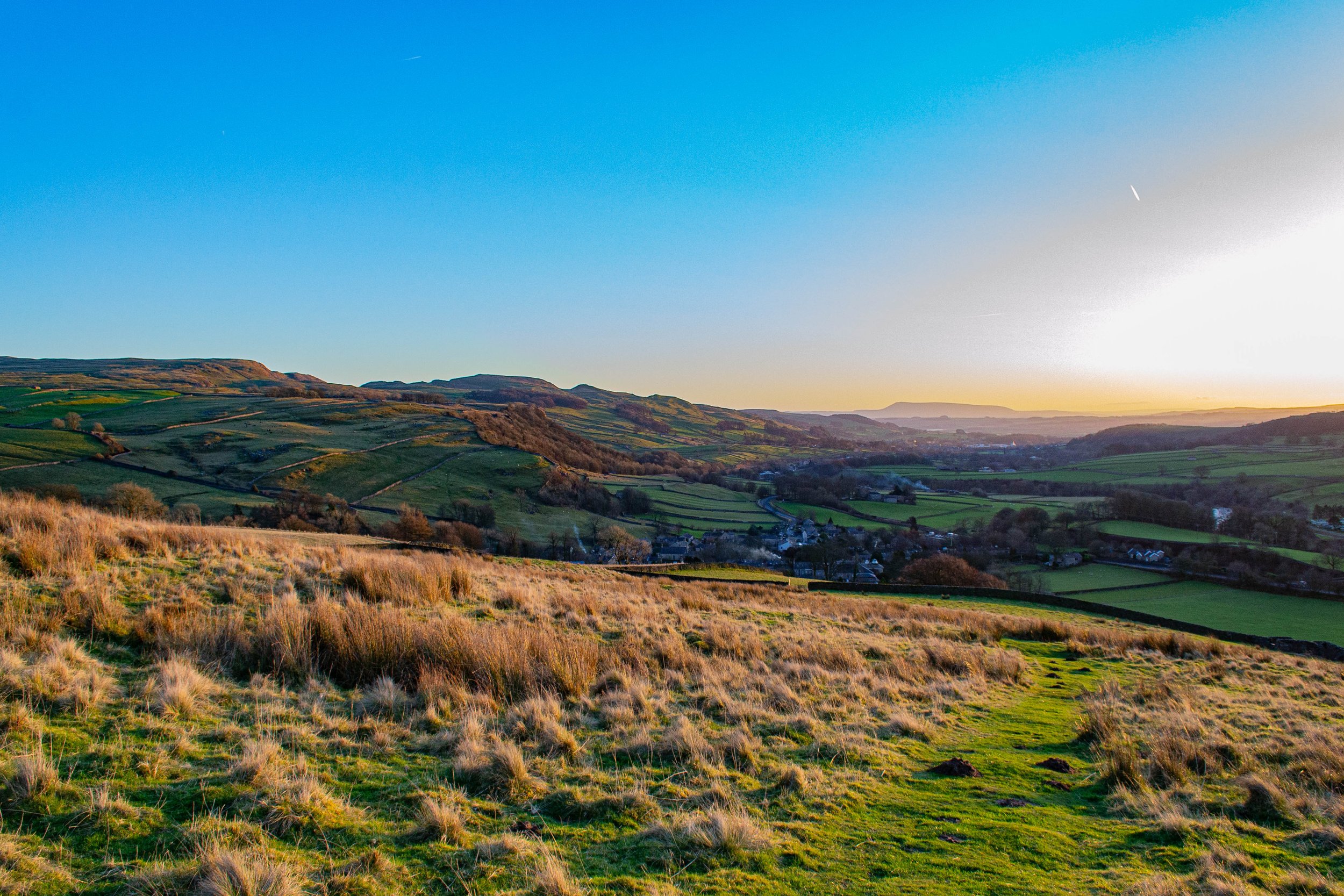
Insights & Progress
Current Situation and Insight:
There is growing concern and public scrutiny of the use of plastics in the establishment of trees and woods. Although plastic tree shelters and guards are effective there are significant issues and externalised costs associated with their use and management. The use of plastic shelters is not a closed loop life-cycle; significant volumes are either neglected and left on site or lost in storms, gales and floods, and in due course degrade to become microplastics lost in the wider environment. Recovering shelters for collection and subsequent recycling costs approximately 30% of establishment cost. There are very limitied options to recycle PVC tree spirals. Bioplastics are problematic because they must be recovered from site and it is thought that they behave in a similar way to microplastics and their chemical impacts are not fully understood. Furthermore, they are difficult to process and can ‘pollute’ recycling lines. Manufacturers are looking at alternative guards but a full life-cycle analysis of these products is currently being researched.
The widespread and at times unnecessary use of plastic shelters and guards in conservation, amenity, roadside and woodland situations is a challenge. Plastic tree shelters and guards should not be used in or near riparian zones where there is a significant risk that they may become detached and lost during flood and storm events.
The Forest Plastic Working Group's work is guided by the Waste Hierarchy.
‘Prevent' is most relevant to the use of plastic in woodland creation and the FPWG has issued best practice.
Reuse is difficult to achieve with tree shelters and guards whilst plastics can also only be recycled a limited number of times.
Progress to date :
.
-
Dissemination of information and best practice across member organisations. Promotion of the Waste Management Hierarchy, in partnership with Defra.
-
The Working Group members and their respective organisations raised almost £250,000 for an independent field trial of shelter products that are made from alternatives to Polypropylene (PP) and high-density polyethylene (HDPE) plastic. Workstream led by Dr. Ian Willoughby Forest Research, and comprises a lowland site (Norfolk) and an upland site (Cairngorms). Defra will invest in two further trial sites next year
-
Members Yorkshire Dales Millennium Trust, Tilhill and the Woodland Trust are undertaking field trials of shelter alternatives.
-
Life-cycle and chemical analysis of bioplastics and Polylactic acid (PLA) shelters with UCL and Leeds universities to understand impacts of new materials on the environment
-
Drafting group is producing an information document on plastics in woodland establishment.
Alternative Tree Shelters
FPWG will be creating a new up to date table for alternative tree shelters and guards to help forestry practitioners navigate the various types entering the market.




